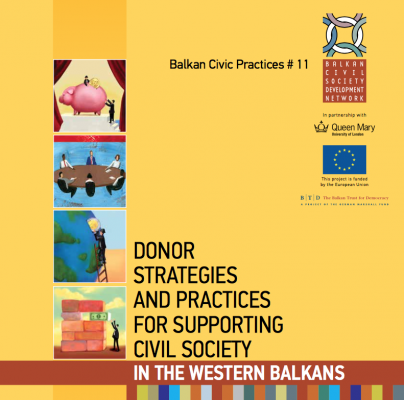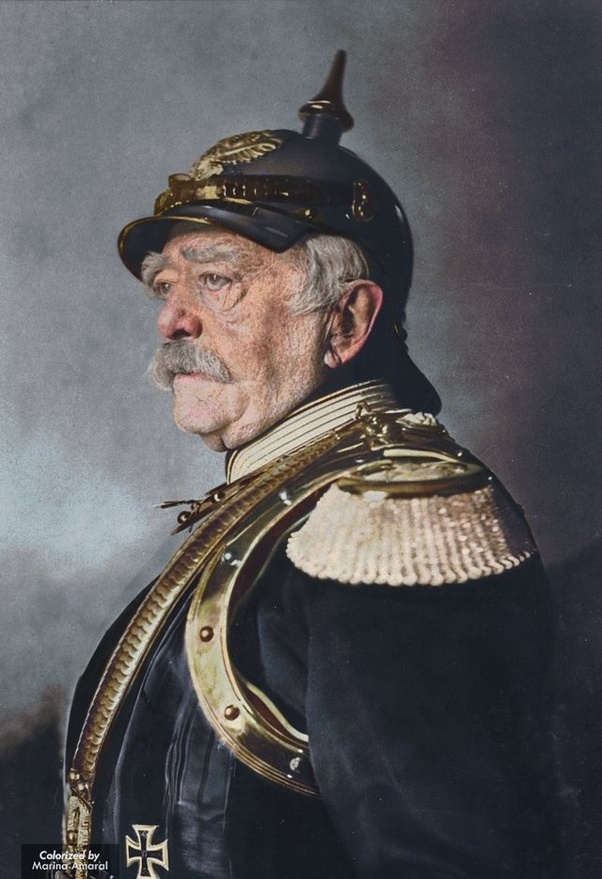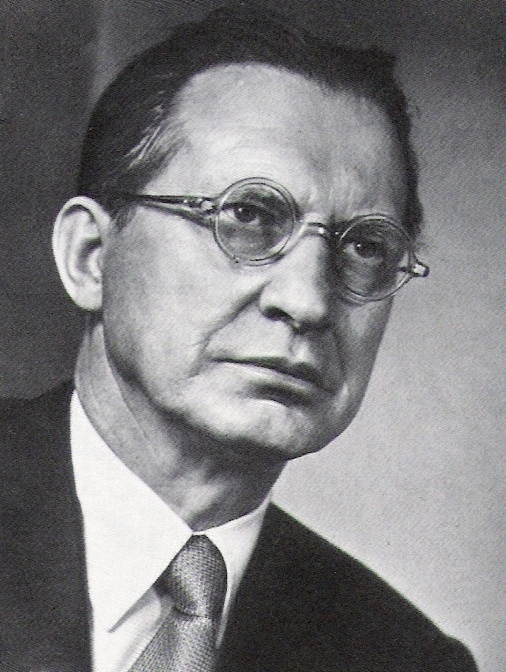Donor Strategies and Practices for Supporting Civil Society in the Western Balkans
Balkan Civic Practice
 Months of effort and research invested by BCSDN and Queen Mary University of London are now available in a publication entitled “Donor strategies and practices for supporting civil society in the Western Balkans” – a report that depicts the trends and practices that donors active in the region apply in supporting civil society. The motive behind this research was to inspire EU and other donors to reflect the needs of local civil society actors in their approach, methodology and strategies and to contribute to sustainable civil society development. The publication provides an insight in the international donors’ relation towards civil society in the Western Balkans, rationales and motivations for their presence, the mechanisms they employ in supporting CSOs, as well as the perception of civil society in the countries in this region and its value. More specifically, this research offers an overview of the country specific assistance available to civil society, together with modalities of its planning and ways of programming. Finally, the report not only presents a set of conclusions based on the data gathered, but also offers a series of recommendations in light of the broader political context in the region.
Months of effort and research invested by BCSDN and Queen Mary University of London are now available in a publication entitled “Donor strategies and practices for supporting civil society in the Western Balkans” – a report that depicts the trends and practices that donors active in the region apply in supporting civil society. The motive behind this research was to inspire EU and other donors to reflect the needs of local civil society actors in their approach, methodology and strategies and to contribute to sustainable civil society development. The publication provides an insight in the international donors’ relation towards civil society in the Western Balkans, rationales and motivations for their presence, the mechanisms they employ in supporting CSOs, as well as the perception of civil society in the countries in this region and its value. More specifically, this research offers an overview of the country specific assistance available to civil society, together with modalities of its planning and ways of programming. Finally, the report not only presents a set of conclusions based on the data gathered, but also offers a series of recommendations in light of the broader political context in the region.
Six conclusions stemming from this research are the following:
Donor assistance to Western Balkans is almost exclusively framed in support of EU integrations. Donor intervention in the region should be understood as a political effort at helping those countries on their European path rather than a long-term development project.
Donors who remain active in the region endorse the strategy of supporting CSOs indirectly as part of an over-arching pledge to strengthen democratic governance. Thus, CSOs are seen as means to achieving specific ends, i.e. supporting state institutions and government agencies.
Civil society development is not a priority objective on donors’ agenda, except for Nordic countries. CSOs’ role is seen as service providers or facilitators for performing specific functions. Concretely, funding channeled through civil society is seen as wasteful, ineffective and inefficient use of scarce resources.
Most donors present in the Western Balkans are critical of civil society for being overly dependent on donor support. Perception held by donors that civil society is donor-driven brings into question the connection between CSOs and local communities. Donors perceive CSOs as being detached from local communities whose needs they are supposed to address.
The prevalence of project grant-making as the main instrument of donor assistance to CSOs created highly volatile civil society whose survival depends on the ability to adopt to donors’ priorities. The lack of ownership over defining priorities in supporting civil society is considered to be a major obstacle to development of mature and independent civil society in the region.
Final conclusion of this research which addresses above the mentioned issues in the donors–CSOs relation indicates the need for higher civil society ownership in defining and developing donor-funded projects aimed at civil society. This also points to the need of establishing institutional mechanisms which would allow CSOs to participate in aid planning and broader involvement in policy making in the future.
The report is available for download at this link,

 Libraria Shteti Web
Libraria Shteti Web









